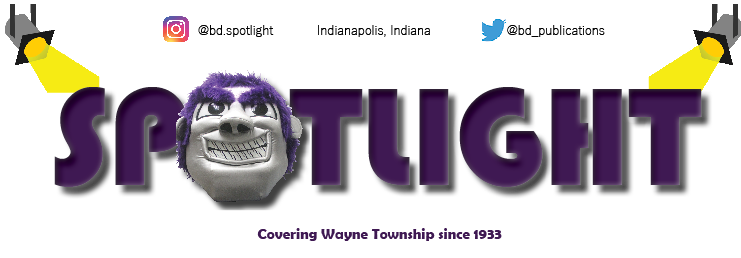What was that?
Not all speech is considered ‘free’
January 19, 2018
With the number of protests, political disagreement and drama going on in our country, it’s time to ask ourselves. What’s the difference between free speech and incitement?
Many disagreements end with people feeling offended and disrespected, but it is justified by “freedom of speech”. Yet when we are speaking on sensitive matters, we must draw the line between free speech and hate speech.
We have seen it many times, especially in 2017, when we have begun to grow insensitive and careless towards others because we are passionate about what we are arguing. It becomes very easy to lose yourself and difficult to remain a respectful human being when matters hit home for you and people are ignorant to the subject, but we must know when we are crossing the line and becoming inciteful.
Using your free speech to provoke violence, riots and generally stir up confrontation is not protected by your first amendment right, as was established in the Brandenburg v. Ohio supreme court case.
It is very common for people to believe they are justified in anything they say because they are under the impression that freedom of speech will protect them. That is not necessarily true.
In many situations when someone is using hate speech, you often hear their argument that what they’re saying isn’t hateful or harmful because it is their first amendment right. It is not your first amendment right to be racist, sexist, homophobic, transphobic or hateful. Incitement is not protected due to the dangerous conditions it may cause.
The law does not protect that form of speech, which is dangerous and unnecessary. Alongside the lack of protection, the law provides you, it does not justify your malicious attitude and doesn’t mean that it should not be upsetting for people to handle. While claiming you have the right to feel and think the way you do is accurate, if you are provoking violence and conflict, it crosses the line and the law will not protect you.
For a lack of better words, it is time to learn when we are crossing the line. It is imperative to think about your words before you use them and to understand that your words can have consequences that will not be overlooked because of your first amendment right. While you do have free speech, provoking violence and unlawful behavior is not protected nor tolerated by the United States law.











